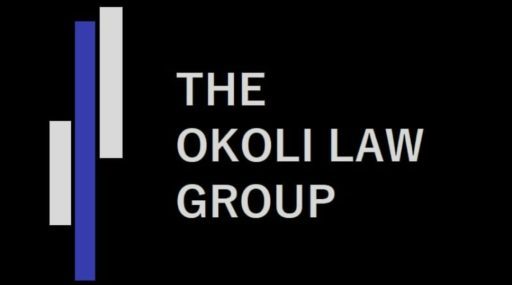Check our FAQs for quick answers to frequently asked questions we receive.
If you have other questions write us.
- Do the police need to read the Miranda warnings before talking to a suspect?
-
The police must read the Miranda warnings before they interrogate someone who is in custody. Being in custody means that a reasonable person would conclude that they were not free to leave. Statements that are volunteered by someone in custody, without an interrogation, can be used against them even if the police did not provide Miranda warnings. An interrogation can consist of not only direct questioning but also actions by the police that are likely to elicit an incriminating response by the suspect.
- When are search and seizure rules triggered?
-
Search and seizure rules apply whenever law enforcement conducts a search that invades a citizen’s legitimate expectation of privacy. The expectation of privacy must be objectively reasonable under the circumstances.
- Do the police always need a warrant to conduct a search?
-
No, there are several exceptions that allow the police to conduct a search without a warrant. These may include valid consent by an occupant of the property, evidence that is in plain view, an emergency that requires prompt action, or searches incident to an arrest.
- Can the police search a car that has been towed?
-
The police can search a car that has been towed and impounded, regardless of whether the car was illegally parked or stolen. They may be able to search closed containers inside the car. The police do not have a right to impound a car for the purpose of conducting a search, and they must follow appropriate procedures during the search.
- What is the exclusionary rule?
-
The exclusionary rule provides that evidence obtained through a constitutional violation cannot be used against a defendant. A related doctrine, known as the fruit of the poisonous tree, requires evidence obtained from unconstitutionally obtained evidence to be excluded as well in many cases. However, a judge will not exclude this evidence on their own. A defendant must bring a motion to suppress.
- What is a motion to suppress?
-
A motion to suppress involves the defendant asking the judge to exclude certain evidence from being considered at trial. It is a pre-trial motion, and sometimes a successful motion to suppress will avoid a trial altogether because the prosecution may not be able to prove its case without the evidence.

For More Information About How to go About a Situation
Get In Touch



Denounce with righteous indignation and dislike men who are beguiled and demoralized by the charms of pleasure.




 Consult
Consult  Docs
Docs  Support
Support 











